Dhaka-Delhi Relations Poised for Stability Amid India’s New Coalition Government
Despite the political complexities following India’s recent elections, the longstanding relationship between Dhaka and Delhi is expected to remain stable. With no single party securing a majority, India faces the challenge of forming a coalition government. However, analysts agree that the change in government structure will not significantly impact foreign policy, particularly the relationship with Bangladesh.
As India prepares for the swearing-in of its new government on Saturday, the Bharatiya Janata Party (BJP)-led National Democratic Alliance (NDA) stands on the cusp of forming a government for the third consecutive term. Prime Minister Sheikh Hasina of Bangladesh has already congratulated Indian Prime Minister Narendra Modi and the NDA on their electoral victory. Modi promptly responded to Hasina’s message on X, expressing gratitude and reaffirming the strength of India-Bangladesh ties. “India and Bangladesh have historic ties, which have grown exponentially over the past decade. I look forward to working together to further strengthen our people-centric partnership,” Modi stated.
Historically, India has maintained a consistent foreign policy regardless of internal political changes. Experts suggest that this tradition will continue, with the new coalition government making only necessary adjustments to align with evolving global and regional dynamics. Veena Sikri, a former Indian High Commissioner to Bangladesh, emphasized that India’s bipartisan approach to foreign policy ensures stability. “India’s foreign policy has always been a bipartisan policy. This agreement is also outside the Parliament,” Sikri noted.
The geopolitical landscape in South Asia remains sensitive, especially with China’s increasing influence in the region. India’s focus on maintaining strong relationships with its neighbors, including Bangladesh, will likely persist. The recent history of cooperation between Dhaka and Delhi, especially in the face of China’s assertive stance, underscores the importance of a stable bilateral relationship. “Modi’s ‘neighborhood friendly’ policy will not change much,” remarked Pinak Ranjan Chakraborty, another former Indian High Commissioner to Bangladesh.
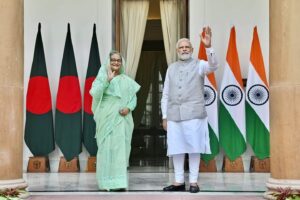
The consistent nature of India’s foreign policy is also reinforced by its economic interests and national security concerns. Bangladesh’s military cooperation with China remains a sensitive issue for India, highlighting the strategic importance of maintaining strong ties with Dhaka.
Former ambassador M Humayun Kabir reflected on the continuity in India-Bangladesh relations, emphasizing that the BJP-led coalition will uphold the current policies. “There will be no change in the relationship with Bangladesh. The new coalition government will have to discuss more about the policies of the BJP in the coalition,” Kabir said.
Touhid Hossain, another former ambassador, highlighted the positive trajectory of bilateral relations, describing it as the “golden chapter” of Dhaka-Delhi ties. He pointed out that despite the political shifts within India, the foundation of the relationship remains solid, with both countries eager to enhance their cooperation further.
As Prime Minister Sheikh Hasina prepares for her visit to India, the people of both nations anticipate continued collaboration and mutual support. The stability in Dhaka-Delhi relations, amid the evolving political scenario in India, underscores a shared commitment to regional stability and prosperity.

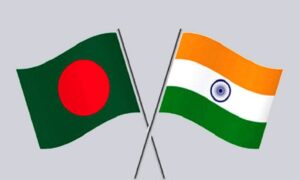
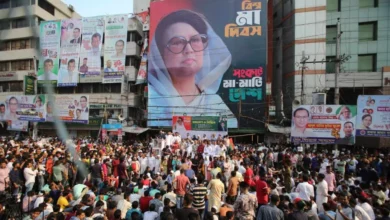
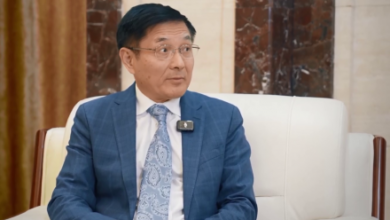
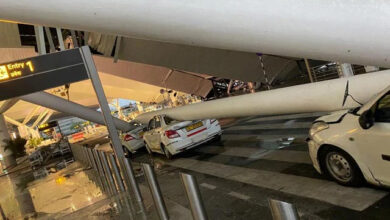
![Mumtaz Zahra Baloch, spokesperson for Pakistan's Foreign Ministry, says the country believes in constructive dialogue with the US [Courtesy of Pakistan Ministry of Foreign Affairs]](https://southasiancorrespondent.com/wp-content/uploads/2024/06/pak-1-390x220.jpg)